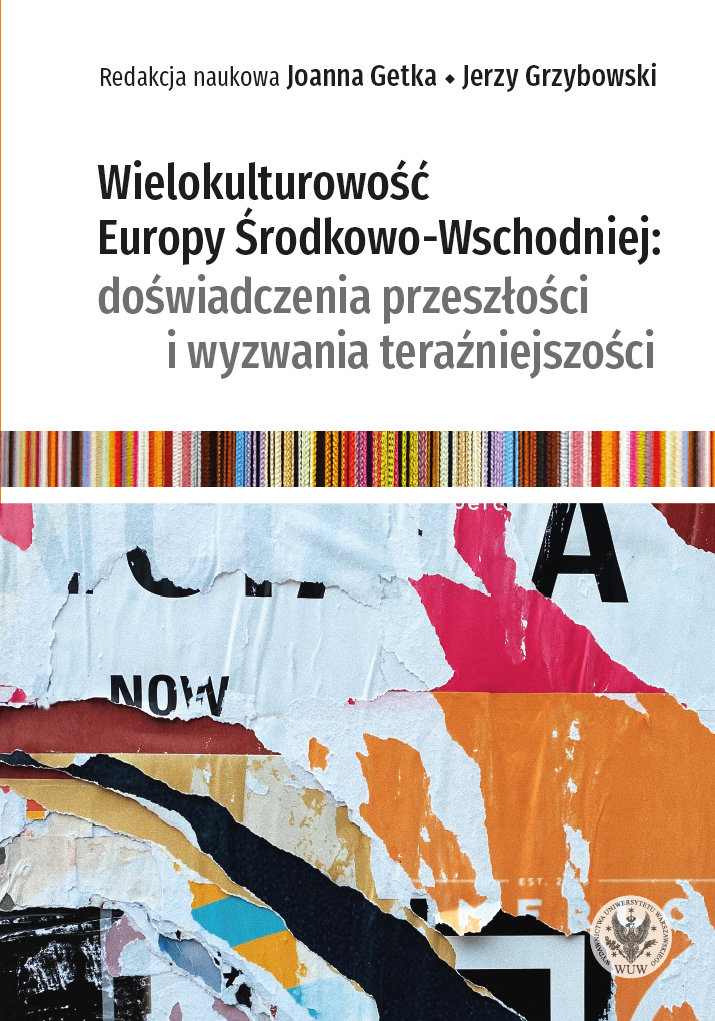Projekty edukacyjno-naukowe w przezwyciężeniu kryzysu demokracji na wschodnim pograniczu Unii Europejskiej (rekonesans problemu)
Educational and Scholarly Projects in Overcoming the Democratic Crisis on the East Border of the European Union (Preliminary Analysis)
Author(s): Antoni Mironowicz
Subject(s): Anthropology, Cultural Anthropology / Ethnology, 16th Century, 17th Century, 18th Century
Published by: Wydawnictwa Uniwersytetu Warszawskiego
Keywords: democratic crisis; eastern border of the European Union
Summary/Abstract: The political and institutional changes made in Europe in the last decade of the twentieth century and in the early twenty-first century as well as the effects of the democratic crisis are making it necessary to formulate a new educational and scholarly research policy. The Polish–Belarusian, Polish–Ukrainian, and Polish–Russian borders have become the eastern boundaries of the European Union. The processes occurring in this area go beyond the framework of EU transboundary regulatory policy. The development of Eastern Europe depends on legal and constitutional conditions and the degree of development of democratic institutions and civil society on both sides of the border. Politicians often forget that the image of the European Economic Area also depends on the level of this region’s economic development. By defining these development factors, it is possible to design projects aimed at broadening cooperation in the domain of economy and promoting European values. The analysis of the political, social, economic, and cultural processes in Eastern Europe and the role played by the borderlands of the European Union in popularizing European values in neighboring countries should help overcome the effects of the economic crisis. One of the elements in the fight against the recession may be educational and scholarly projects which contribute to the understanding of the socio-economic reality of our eastern border. Polish universities can become the executors of large-scale academic and research programmes developed by the EU and addressed to the countries of Eastern Europe, in particular Belarus and Ukraine. One of the goals of such projects should be the foundation of transboundary scientific centres. The most important and immediate matter is the establishment of Institutes of the East and their transformation from having a limited scope to becoming the leading centres in the areas east of Poland, assembling high-class specialists from many research fields. Such institutes would be involved in educating high-class specialists and would be responsible for developing a new field of study – Eastern Studies.
Book: Wielokulturowość Europy Środkowo-Wschodniej: doświadczenia przeszłości i wyzwania teraźniejszości
- Page Range: 253-259
- Page Count: 7
- Publication Year: 2023
- Language: Polish
- Content File-PDF

